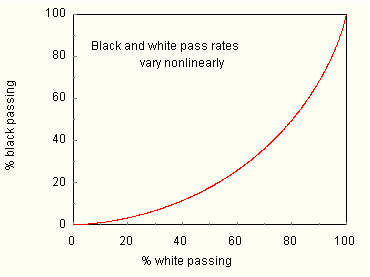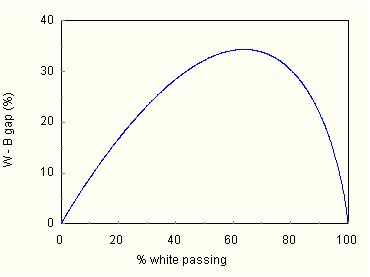Comparing Fractions with Cross Multiplication
Today my 6th grader asked for with her math homework, specifically how to "cross multiply fractions with whole numbers". I wasn't quite sure what she was talking about, so I took a look at her homework. I saw that she had 10 problems to compare fractions with different denominators, some with whole numbers. I started to explain how to find a common denominator, etc... but she got really upset with me.
"Thats not how my teacher showed us", she said. "My teacher told us to cross multiply."
I still had no idea what she was talking about, so I went to check with my girlfriend, Shannon, to see if she knew what our daughter was talking about. But Shannon was as confused as I was.
Both of us being confused, we did a quick google and came across this explanation of the process from mathleague.com.
Well, we figured it out and were able to help her finish her homework... her way, but we are rather conflicted about it.Comparing Fractions
1. To compare fractions with the same denominator, look at their numerators. The larger fraction is the one with the larger numerator.
2. To compare fractions with different denominators, take the cross product. The first cross-product is the product of the first numerator and the second denominator. The second cross-product is the product of the second numerator and the first denominator. Compare the cross products using the following rules:
a. If the cross-products are equal, the fractions are equivalent.
b. If the first cross product is larger, the first fraction is larger.
c. If the second cross product is larger, the second fraction is larger.Example:
Compare the fractions 3/7 and 1/2.The first cross-product is the product of the first numerator and the second denominator: 3 × 2 = 6.
The second cross-product is the product of the second numerator and the first denominator: 7 × 1 = 7.
Since the second cross-product is larger, the second fraction is larger.Example:
Compare the fractions 13/20 and 3/5.
The first cross-product is the product of the first numerator and the second denominator: 5 × 13 = 65.
The second cross-product is the product of the second numerator and the first denominator: 20 × 3 = 60.
Since the first cross-product is larger, the first fraction is larger.
Though the system works, we aren't quite sure what the purpose of it is. It almost seemed to us to be cheating. Though the system works, neither one of us could give a mathematical explanation of why. Finding a common denominator is relatively easy to explain, and is also an essential skill when it comes to adding unlike fractions. Is this new math, really really old math, or something in between?


 Figure 7. Predicted black-white point gap vs. white pass rate.
Figure 7. Predicted black-white point gap vs. white pass rate. Note: Even though the gap decreases the absolute ratio of black students to white students will still be disproportionate due to the
Note: Even though the gap decreases the absolute ratio of black students to white students will still be disproportionate due to the 


